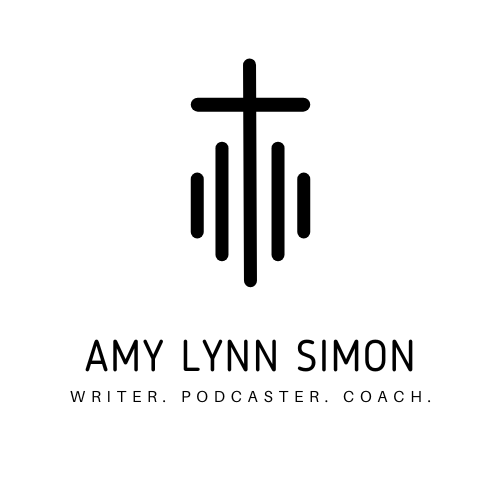Investigate the Source of the Lies You Believe
The last few weeks, we’ve been talking about the BUILD method of renewing your mind in God’s Word. If you haven’t watched the intro video on the overview of the method and why I created it, check it out here.
Step one was to Be Aware. We need to first recognize where we are struggling and be clear about it. Reflection helps with this. That blog post is here.
Step two was to Uncover the Lie. We talked about using journaling to ask ourselves questions and try to figure out, with the guidance of the Holy Spirit, where there might be a lie about ourselves, God, or others at the root of our struggle. That blog post is here.
Step three is to Investigate the Source. Let’s go back to our house analogy. We have mold in the bathroom or a faulty light switch. We’ve decided that it’s a problem and have traced it to the source. In this next step, we look at where the problem came from to begin with. Was something designed incorrectly? Was there damage from a storm or an animal that created the issue?
In dealing with struggles in my own life, I’ve found this step to be helpful, even though it doesn’t always seem necessary. When I’m working on an issue in my life, I want to know not only what the root of that issue is, but also how it got there to begin with. It helps me to better understand it and sometimes it reveals someone I need to forgive.
One of my “issues” is that I try too hard to be the peacemaker among family members. There’s making peace and then there’s manipulating people and situations to best avoid conflict. I leaned heavily into the second option.
For a while, I would do this without consciously thinking about it. I would be selective in what things I would bring up to which family members and how I would bring them up in an attempt to mitigate conflict. I wouldn’t even realize I was being manipulative until it would inevitably backfire on me.
When I realized what I was doing, I took some time to journal about what exactly I was doing and why. I discovered that I felt that it was my responsibility to keep the peace and to “help” other family members get along in the way that I thought they should. I believed the lie that it was up to me to make sure they avoided conflict.
However, the truth is that conflict isn’t always bad and it’s not my job to manage the relationships of others.
I wanted to figure out where these ideas about conflict and manipulation came from. As it is many times the case, the source was my family of origin.
Let’s just say that I didn’t exactly learn healthy conflict resolution skills from my parents. They were thankfully never violent, but instead, they went the other direction. My mother would retreat to her room and cry and my father would go back to reading his Popular Science magazine as if everything was fine.
As a child, I was not OK with this arrangement. So I took it upon myself to go back and forth between the two of them as an emissary to try and make peace. My parents never objected to my being in this role. (I can’t imagine allowing my own children to interfere like that in my house!) Because they never corrected me, I kept on playing that role of peace maker. It did actually help to make peace in the house, in a way.
It made sense to me that this is where I got the idea that conflict must be avoided, peace must be maintained, and that it was my job to make sure that happened.
I have learned over the years to look at my parents with more compassion and less criticism. I understand a little more why their relationship was the way it was. I have also chosen to forgive them for passing on those unhealthy ways of dealing with things to me.
How do you investigate the source? Take a look at your childhood. Not all of our struggles originate there, but many do. Did you learn a behavior by example? Was the lie told to you outright? Was the unhealthy behavior simply a coping mechanism you developed for dealing with a trauma or other difficult scenario?
Once you explore that, is there someone you need to forgive as a result? Depending on the situation, it may help you to have a conversation with one of the people involved in order to gain further understanding and compassion. Many times we take our childhood interpretations of events into adulthood. The situation may have been more complex than you realized.
Remember that even though the things you struggle with may be a result of your childhood, you are not helpless. Through the power of God, you can overcome whatever patterns you learned as a child. We need to own our choices and take responsibility for our lives. Simply blaming someone else and saying that we can’t help it is not how growth happens. God calls us to confess our sin - agree with Him about it - and repent - turn away from it. We can’t do those things if we don’t take responsibility for it.
If you were the victim of abuse as a child or suffered other trauma, a skilled Christian counselor can help you work through those things. The work you do on your own through journaling and exploring the things we talk about here can work in tandem with counseling to help you find peace and healing.

